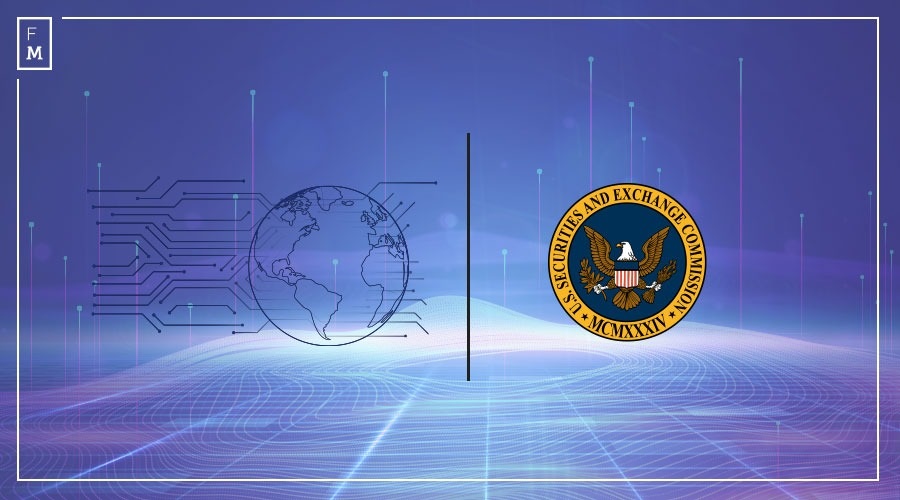The US Securities and Exchange Commission (SEC) and its Chair, Gary Gensler, have a reputation for being hostile towards cryptocurrencies, but up to now, NFTs have been a hazy area that some market participants were hoping might continue to be overlooked, rather than overseen.
The lack of clarity around NFTs is partly because a variety of different types of products are sold as NFTs, from artwork to virtual land, and so a blanket statement (that NFTs either are or are not securities) cannot reasonably be made.
It appears that each NFT project has to be taken on its own individual merits, and there has yet to be anything that can be interpreted as a precedent-setting or instructive case.
This brings us to reports that Yuga Labs is being investigated by the SEC. This is highly significant since Yuga is the creator of, among other products, Bored Ape Yacht Club (BAYC), which is the highest-profile NFT collection in existence.
Has Yuga Sold Securities?
First, it’s necessary to distinguish between Yuga’s main products. Most famously, there is its original BAYC NFTs, which are tokens linked to cartoonish ape illustrations, and then (among others) there are Otherdeeds, which are NFTs giving ownership of still-unfinished virtual land plots.
This virtual land will be within Yuga’s highly-anticipated Otherside project. Otherside is a metaverse and gaming world which is still in development (and will likely take a long time to complete), in collaboration with Improbable, a British company specializing in metaverse development, and Animoca Brands, a web3 venture capital firm.
The original BAYC NFTs look (although not to everyone’s taste) like artwork. There are arguments to be made that they have other utilities and should be treated accordingly, but when it comes to the SEC, it’s the Otherdeed land tokens that potentially look more like securities.
Whether or not something has the characteristics of a security can be assessed by running it through the Howey Test. The origins of this test lie in a 1946 case in which Howey Company sold plots of land in a citrus grove, which buyers then leased back to the company in expectation that Howey would cultivate the land and generate profit, which would be shared between the company and the land buyers.
This arrangement was ruled…
























